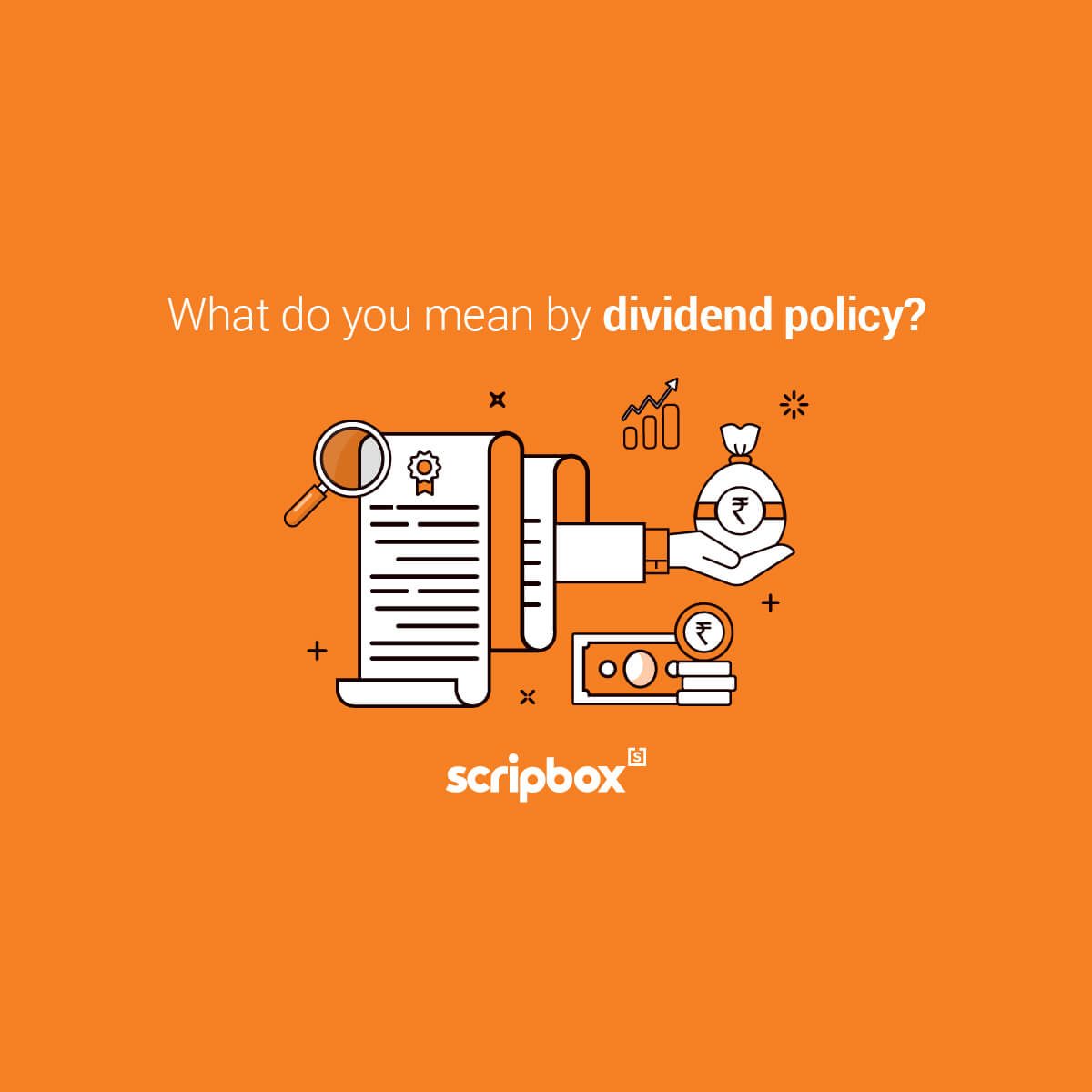
What is SIP and How the SIP Works?
SIP (systematic investment plan) is a process of investing a fixed periodic amount in the various mutual fund schemes.

Dividend Policy – Meaning, Types and Key Difference
What is a Dividend Policy? A dividend policy is the company’s roadmap for deciding how and when to distribute its profits to shareholders. Drafted by the board of directors, this policy guides how often dividends are issued, how much will...

What is Mutual Fund?
Mutual fund is a financial instrument that invested in securities like stocks of listed companies, government bonds, corporate bonds, and money market instruments.

Yield To Maturity (YTM)
What is Yield? Yield measures the cash flow generated by an investment over a specific period. Expressed as a percentage, it accounts for all dividends or interest received during the investment's term. Unlike total return, which includes capital gains, yield...

Money Market Instruments
The money market is referred to as dealing in debt instruments with less than a year to maturity bearing fixed income. In this article, we will cover the meaning of money market instruments along with its types and objectives. What...
Practical Insights For Wealth Creation
Our weekly finance newsletter with insights you can use
Your privacy is important to us

What Are Funds? Meaning, Types & Concept of Funds Explained
What is a fund? A fund is formed by pooling money from multiple investors. The fund is a pool of money set aside for a specific purpose. Professionals manage funds and invest the money in financial securities. A fund manager...

What is TREPS? Full Form & Meaning in Mutual Funds
What is TREPS? Treasury Bills Repurchase (TREPS) is a short-term money market instrument that helps investors earn returns on their idle cash. Financial institutions, banks, and mutual funds use these. One party sells treasury bills to another party with a...

How to Check Mutual Fund Overlap: Portfolio Overlap Guide
Meaning of Mutual Fund Portfolio A mutual fund is an investment vehicle that pools money from investors and invests in purchasing assets like equity, bonds, government securities and other securities. The mutual fund portfolio is designed to match its investment...









